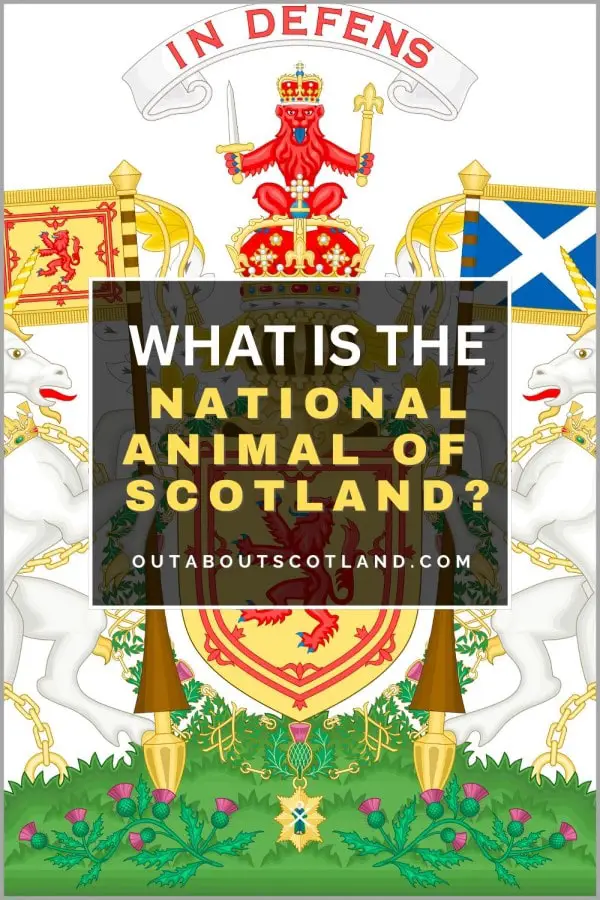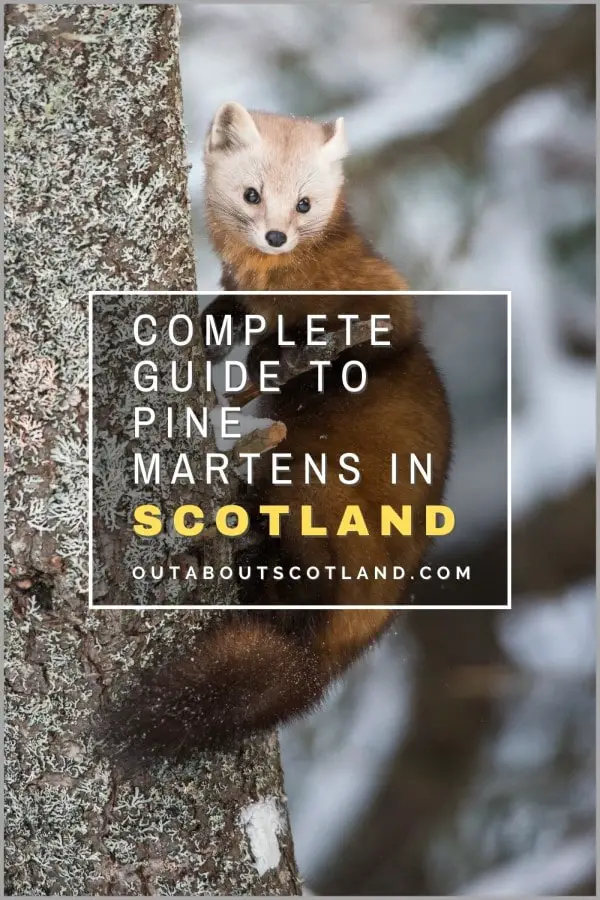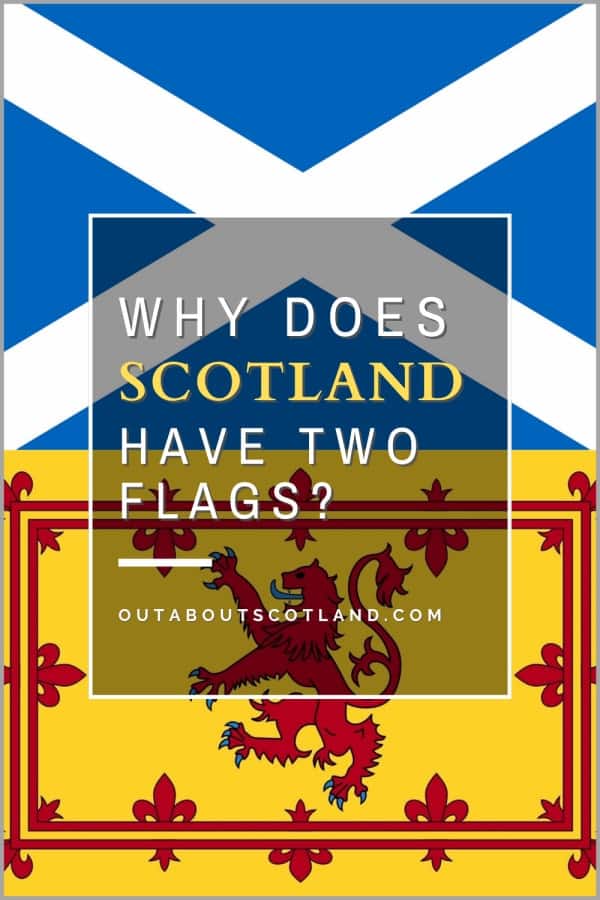Scotland is one of 4 countries (Scotland, England, Wales, and Northern Ireland) in the United Kingdom, a sovereign state located in the northwest of Europe. Each country is classified as a separate entity, yet they share many facets of the same culture and history, including the languages that are spoken in them.
From the days of the earliest tribes, Scotland traditionally used a Gaelic language that derived from Ireland, but after the union with England in 1701, the country quickly adopted English as its primary spoken language. People throughout modern Scotland now use a variety of languages, but the 3 official languages of Scotland are English, Scots, and Scottish Gaelic.
Studies show that 99% of people living in Scotland speak English and 1% speak Scottish Gaelic. Of the English speakers, 30% use a dialect known as Scots which derives from Old English but includes several unique regional words.
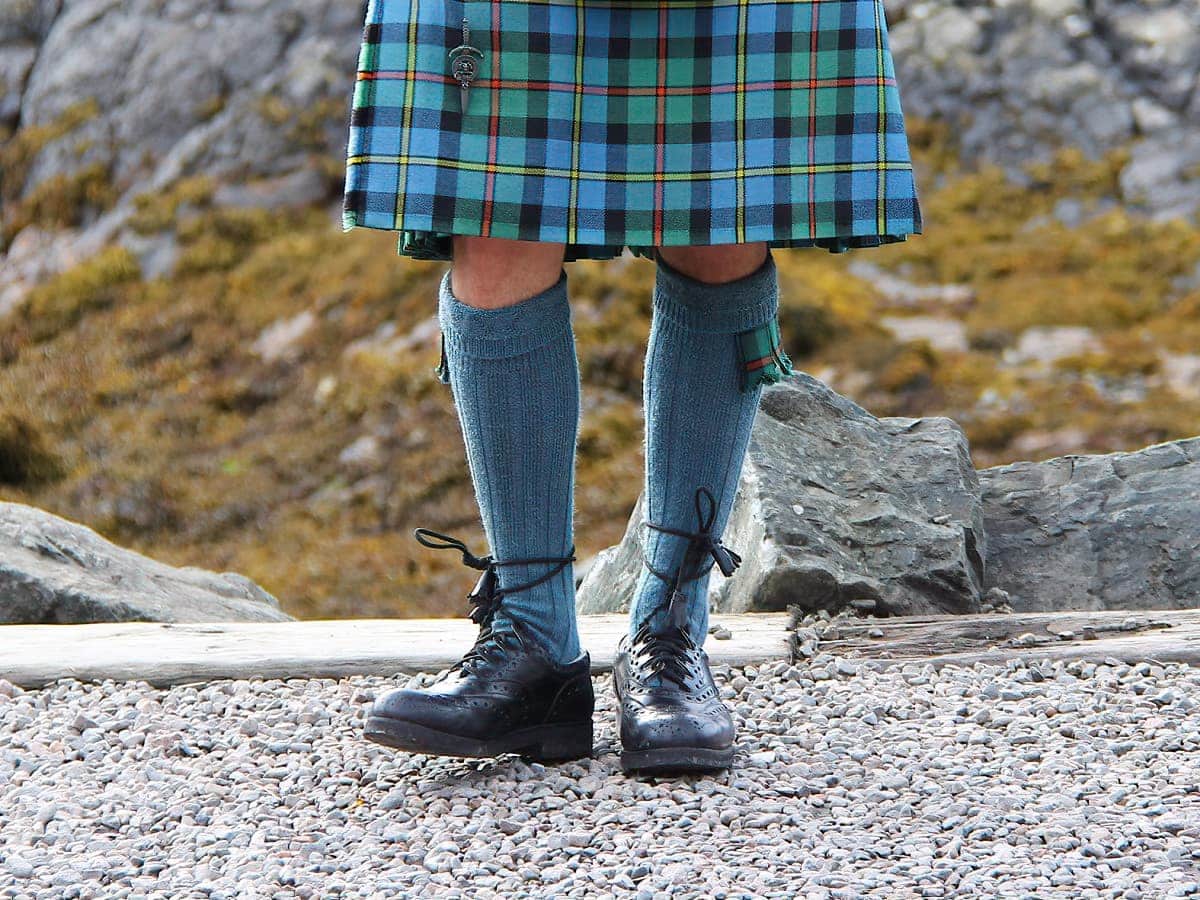
What Language Is Mostly Spoken in Scotland?
The predominant language of Scotland is English, and 99% of all people living in Scotland speak English fluently. There are currently around 5.5 million people living in Scotland which means that as of the 2011 census, 5.1 million people over the age of 3 speak, read, and write English.
The second-most spoken language in Scotland is actually a derivation of English. Scots is spoken in the Lowlands as well as the Shetlands, Orkney, Aberdeenshire, and Moray, and as of the 2011 census, more than 1.5 million people identify Scots as their main language.
There are subdivisions of Scots in different areas of the country, and depending on the location, you will hear Scots referred to as Doric, Lallans, Buchan, Dundonian, Glesca, and Shetlandic. All variations are collectively known as the Scots language. Meanwhile, only around 60,000 people speak fluent Scottish Gaelic, mainly in the Highlands and the islands, where it’s routinely taught in schools.
How Many Official Languages Does Scotland Have?
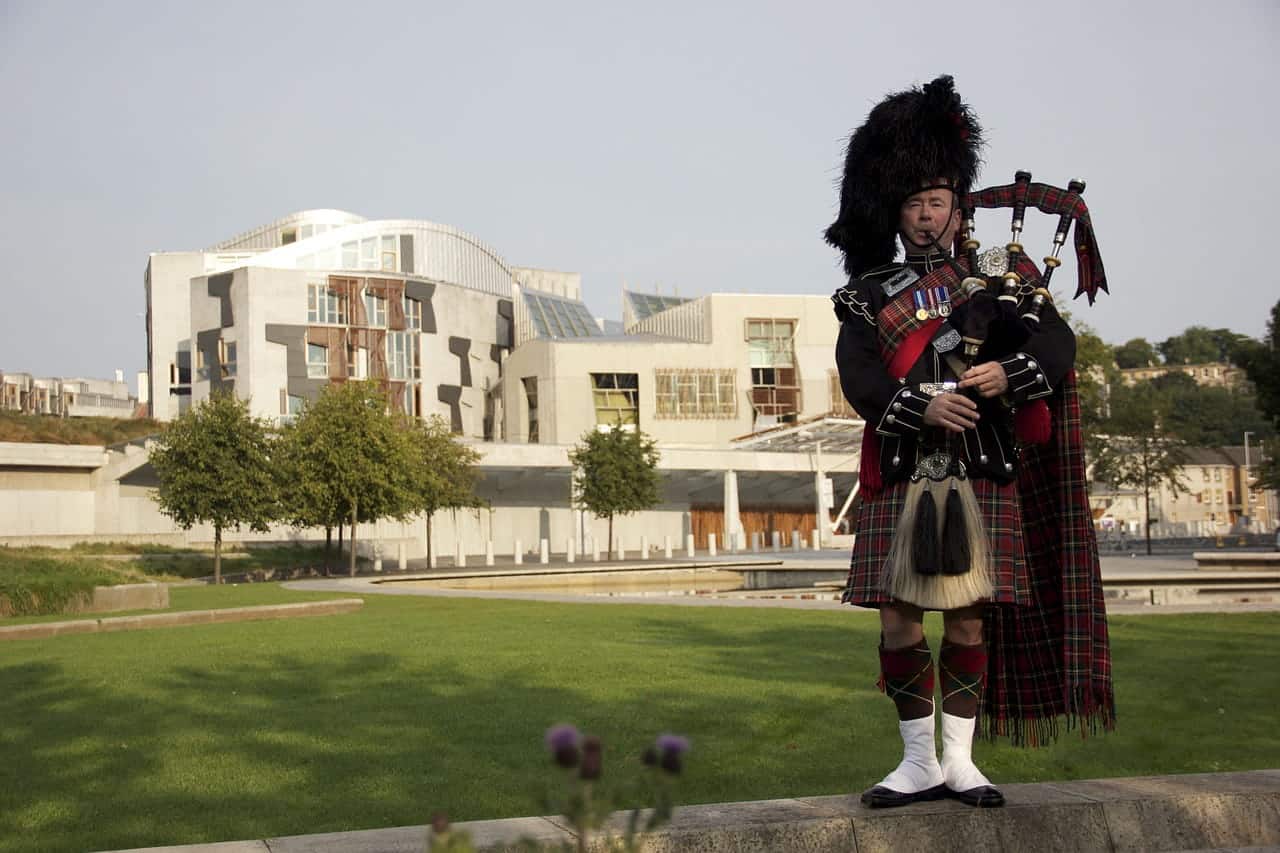
In addition to Scottish Gaelic (which only gained royal assent as an official Scottish language in 2005), Scottish people communicate in an Old English dialect known as Scots, British Sign Language, and a variety of minority languages used by immigrants.
There are 3 official native languages spoken in Scotland today:English, Scots, and Scottish Gaelic. Although English is by far the most spoken language in Scotland, during the last census, it was discovered that over 150 languages are spoken in total in Scottish homes across the length and breadth of the country.
Information gathered in the 2011 census showed that 57,000 people living in Scotland speak Gaelic, while 23,000 said they could understand Gaelic but could not read, write, or speak it.
The greatest proportion of people who speak fluent Gaelic live in the Western Isles, where around half the population speaks it fluently. Additionally, around 5% of people living in the Highland council area speak Gaelic, along with 4% in Argyll and Bute.
Polish is the fourth most popular language in Scotland, after English, Scottish, and Gaelic, according to the 2011 census, spoken by about 54,000 people, or 1% of the total population. However, it’s expected that this number will reduce drastically in the next census due to the number of Polish that have returned to their home country post-Brexit.
Minority languages are mostly spoken at home in larger cities such as Glasgow, Edinburgh, and Aberdeen, where 12% of the population speak languages other than the ‘big three’. Of this 12%, around 23,000 speak Urdu, 23,000 speak Punjabi, 17,000 speak Chinese, and 15,000 speak French.
Is Scottish and Irish Gaelic the Same?
The roots of the Gaelic language start with the Gaels, who originated from north-eastern Ulster (a northern area of Ireland). Before the Roman Empire annihilated them, the Gaels travelled from Ireland to Scotland, England, and then France.
During their travels, they spread their language to many parts of the British Isles, and Celtic influences can still be heard in modern-day Scottish Gaelic, Irish, Welsh, Cornish, and Manx.
As each region developed their own cultures over many centuries, Scottish and Irish Gaelic became quite distinct from each other, and it’s a known fact that the modern iterations of these languages sound very far apart. Ask most people from southern Ireland to interpret Scottish Gaelic, and you will find they are unable to do so, yet Northern Irish people who are geographically closer to Scotland are often able to understand Scottish Gaelic, and vice versa.
While some people claim Scottish and Irish Gaelic are just derivations of the same language, the consensus is that they have enough differences to be classified as separate languages.
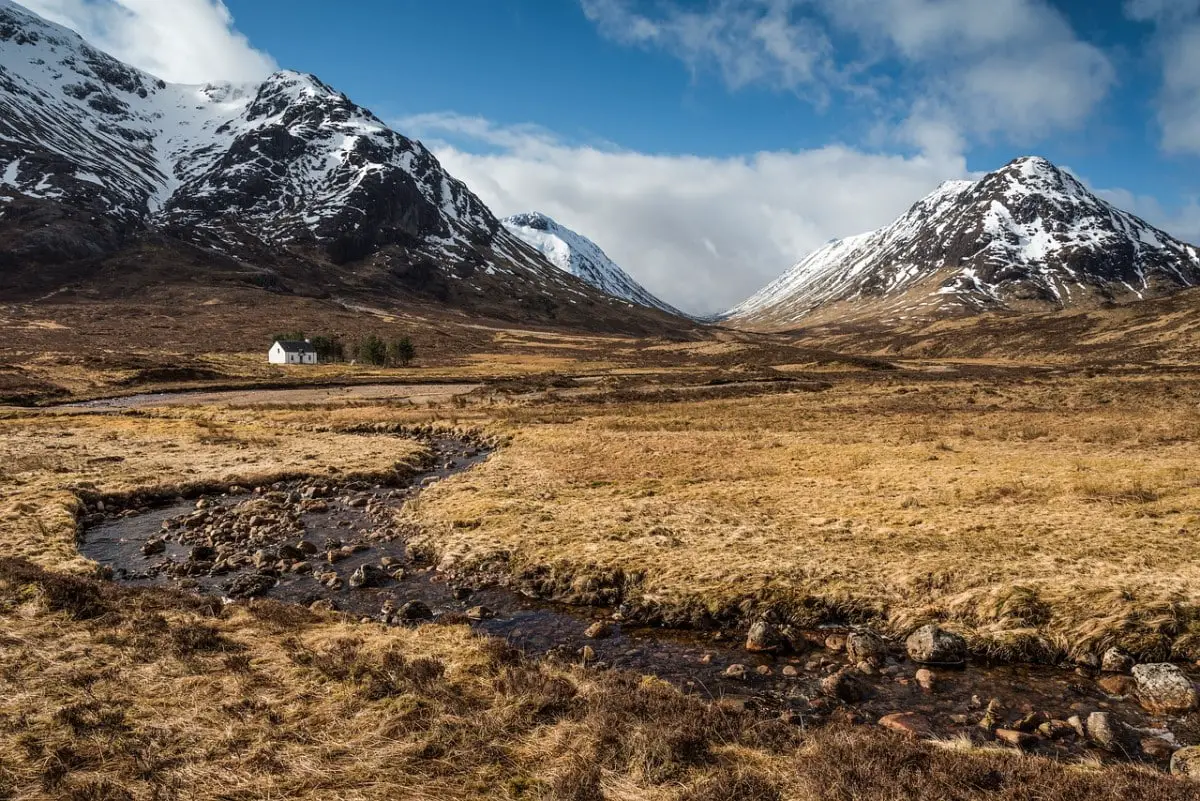
Is Scots a Separate Language?
Scots is a dialect of English that is commonly called Broad Scots or Lowland Scots.
Before the 15th century, the term ‘Scots’ specifically referred to Gaelic, but as English became more and more common, ‘Scots’ transitioned into meaning the common variant of English spoken in Scotland that has its own unique words, just as there are different English words with the same meaning spoken in Liverpool, Newcastle, and other regions of Britain.
Today, ‘Scots’ is an official language of Scotland that is considered different from the English spoken elsewhere in the UK, though it is also considered by some to be a slang language.
It’s certainly true that when reading sentences written in Scots, it generally appears to be a phonetically-spelled version of English with a Scottish accent, as seen in the examples below:
Scots Language Words
| Scots | English |
|---|---|
| eneuch | enough |
| frae | from |
| fowk | folk (people) |
| mair | more |
| ower | over |
However, Scots has developed over several centuries, and it is now quite different from the regional dialects found in other parts of Great Britain, to the extent that some words with the same meaning are completely different in the Scots and English versions:
| Scots | English |
|---|---|
| ettle | purpose |
| muckle | large |
| gin | if |
| haud | continue |
| syne | then |
Whether Scots is a distinct language or not becomes even more difficult to determine when you consider there are several variations spoken across the country, including Insular Scots, Northern Scots, Central Scots, and Southern Scots, each of which has its own sub-dialects.
Many people in Scotland today (64%, according to a government study) do not consider Scots to be a language at all, so determining whether it’s a dialect or a language tends to boil down to the individual’s politics.
However, everyone agrees that Scots is a significant component of Scottish culture, which is why the Scottish government actively promotes its use almost as much as Gaelic. To this end, it’s now possible for children to study Scots as a language just as they would any other, with certifications awarded by the Scottish Qualifications Authority.
In addition to the school curriculum, there are several online resources where it’s possible to read and hear how Scots is used. The first, of course, is YouTube, which has a large collection of videos of people speaking Scots from across the country. The second recommended resource is robertburns.org which features a complete collection of Burn’s poetry, most of which was written in Scots.
Third, take a look at the Scots Language Centre website which has several interactive learning exercises aimed at children. This website features a wealth of information about the history of Scots and also has information to help adults connect with the language.
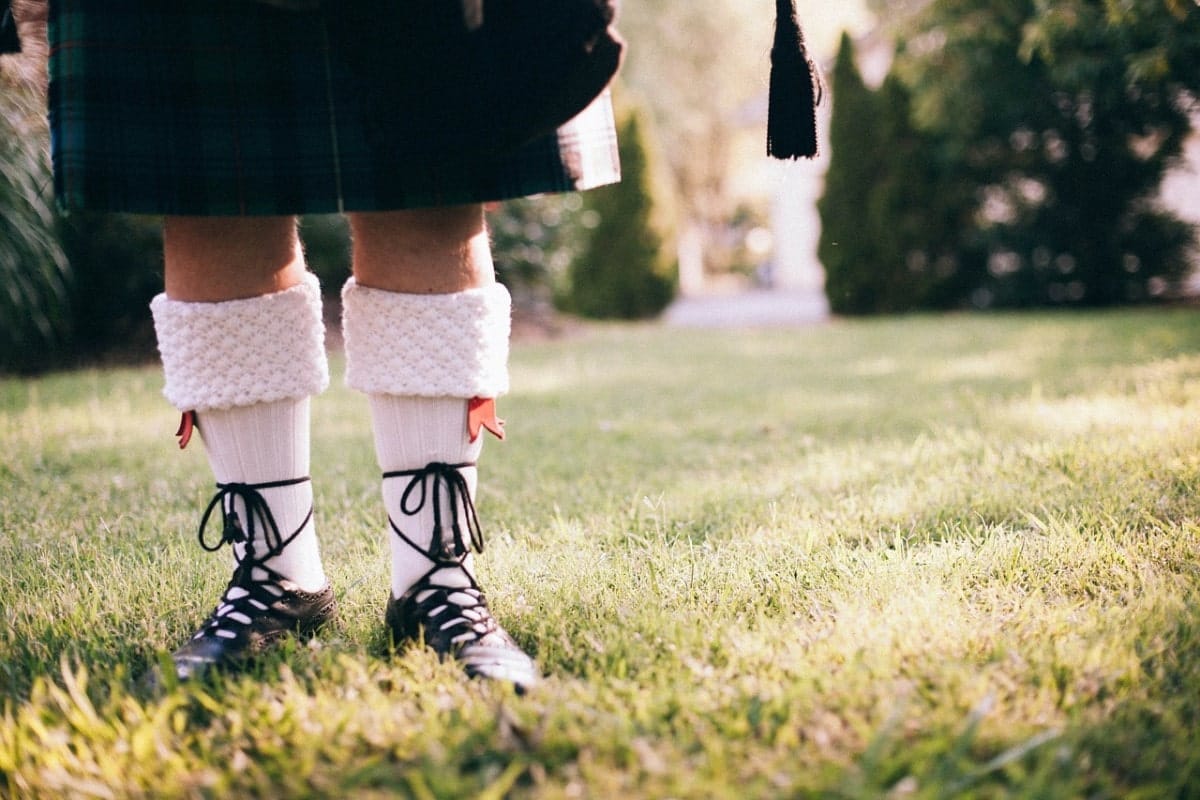
Is Scottish Gaelic Still Spoken?
Scottish Gaelic is still spoken in Scotland, though its usage varies from place to place. Head to the Highlands, and you’ll see almost all road signs labelled in English and Gaelic, whereas the Lowlands tend to display just the English names. Gaelic is rarely heard in the main cities of Scotland—very rarely in Edinburgh—but its use in Glasgow is steadily rising to the point where the percentage of Gaelic speakers is close behind the Highlands.
Even so, Glasgow and the Highlands don’t come close to the islands of the Outer Hebrides, where over 50% of the population can converse in Scottish Gaelic—no small part due to the fact that those islands have high numbers of primary schools that teach the language.
As far as the popularity of the language goes, there was a marked decline in Gaelic speakers leading up to 2001, when the national census showed an 11% decline in the number of people able to converse fluently in Scottish Gaelic.
However, that situation is now reversing, and thanks to the introduction of Scottish Gaelic education centres, the number of Scottish Gaelic speakers has risen to around 1% (approximately 58,000 people) of the total population of Scotland who can speak, read, and write Gaelic.
Resources
- Scots Language Centre is an online information site about the Scots language and its collective dialects.
- Wikipedia page on the languages of Scotland, including their history and modern usage.
- Learn Gaelic – This free online resource features structured courses to learn Scottish Gaelic.
- RobertBurns.org is a website about the Scottish poet Robert Burns. Includes his complete works.
Frequently Asked Questions
How do Scottish people say hello?
Because the most common language in Scotland is English, most people say variations of ‘hello’, ‘hi’, ‘hiya’, etc., just the same as in any other English-speaking country.
Even if you were trying to converse in Scottish Gaelic, the phrase would sound the same, as the translation for ‘hello’ is ‘halò’.
Why does Scotland speak English?
Scotland is a primarily English-speaking country due to the Acts of Union of 1707, when Scotland and England were joined under the banner of the United Kingdom.
The act declared that English would be the official language of Scotland from the date the act was passed and would be the standard language of religion, education, and government.
However, the Scots dialect and the Scottish Gaelic language continued to be used throughout Scotland after 1707, and they are still used in many regions of the country today.
Are Scots older than English?
English – or specifically, Old English – is older than Scots. Scots has been spoken for many centuries, but it originated from Old English in the 1100s. Old English is also known as Old Northumbrian, which was itself introduced by Germanic invaders in the 5th century.
Are Scots Celtic or Germanic?
Scottish people are descended from a combination of Celts (Picts and Gaels) and Germanic Angles.
Highland Scots are descended from Gaels who travelled across Scotland, England, and France from Ireland during the time of the Roman Empire.
Lowland Scots are descended from the Angles of Northumbria, who are Germanic in origin.
The Kingdom of Scotland was founded on an amalgamation of Picts, Gaels, Cumbrians, and Angles.



